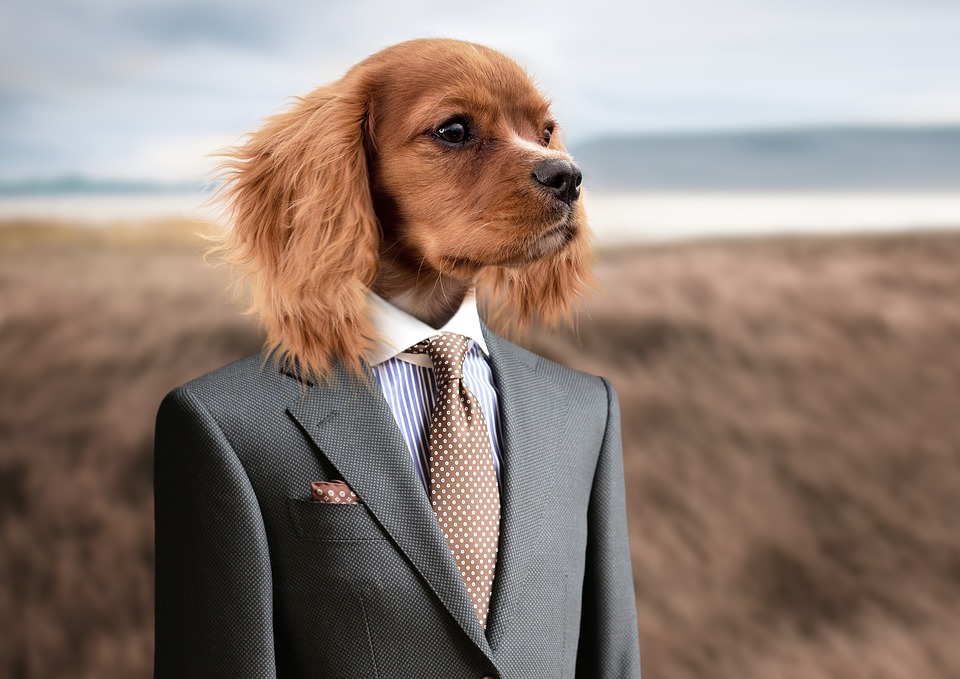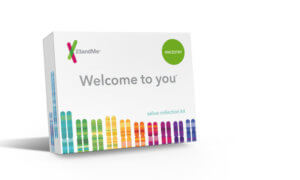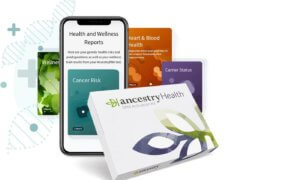Consumer DNA testing is all the rage in Silicon Valley, promising to unlock the secrets of your ancestry and even offer you the best relationship by matching you with your DNA-mate. But how accurate is it?
✍The DNA Dating App Wants To Find Your Genetic Mate✍
On Wednesday, CBC News came with a shocking report: a DNA testing company received cheek swabs for a dog called Snoopy and did not realize it was testing the DNA of an animal, not a person.
That company, Viaguard Accu-Metrics, offers customers the opportunity to see if they have any genetic ties to the indigenous populations of Canada, in order to obtain a Confederation of Aboriginal People of Canada (CAPC) membership. One former partner of the CAPC, Louis Côté, was suspicious about the lab’s practices and decided to test their accuracy. He sent three cheek swabs, two from himself and one from Snoopy, a dog, to Viaguard’s laboratories, paid $500 for the two tests and waited for the results.
They came back to show that both he and his dog had 20 percent Indigenous ancestry.
CBS News took it one step further and decided to investigate Viaguard’s lab by sending samples from three employees and comparing their results with the ones produced by another DNA testing company, 23andme.
“Five weeks later, Viaguard sent back results saying all three CBC employees had 20 percent Native American DNA. The results were broken down further, linking them to specific First Nations communities. Viaguard determined that the DNA of each of the three individuals was 12 percent Abanaki and eight percent Mohawk — the same breakdown Côté received,” explains the CBC News report.
In reply, Viaguard said that the samples submitted by a consumer are only “informative” but “do not meet the standards of forensic scientific validity required for a legal test.” It was clearly not a very well-thought response, especially for a company that deals directly with consumers and charges $250 per test.
Follow TechTheLead on Google News to get the news first.























